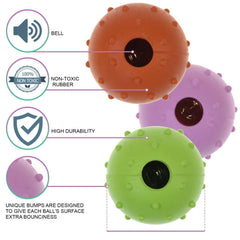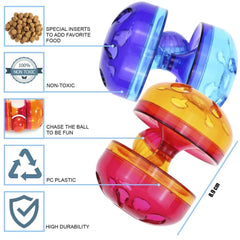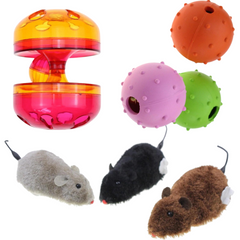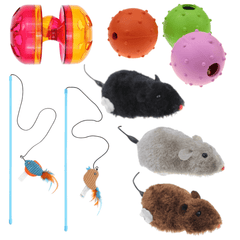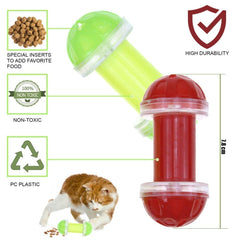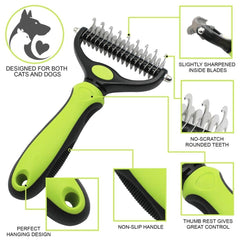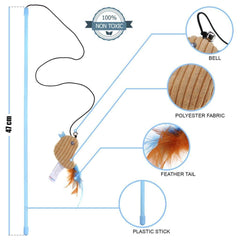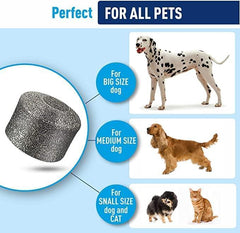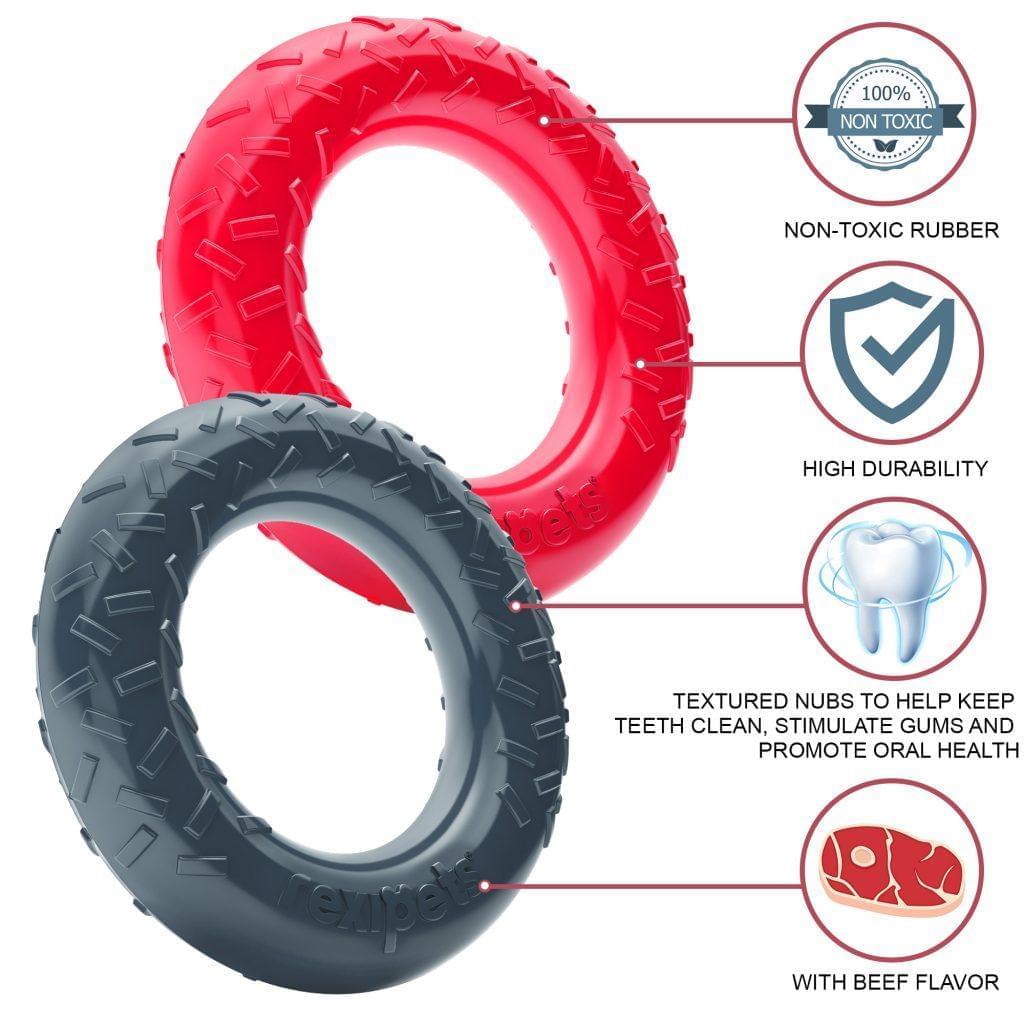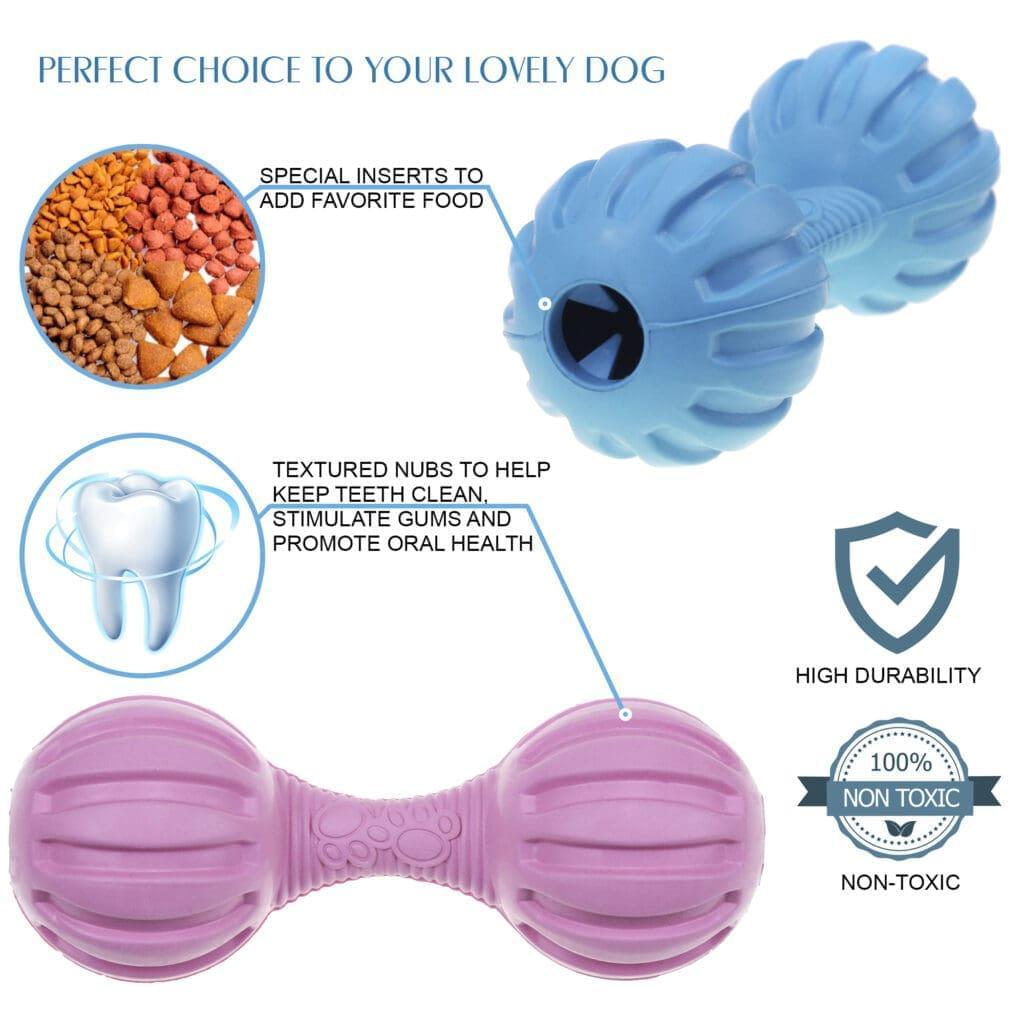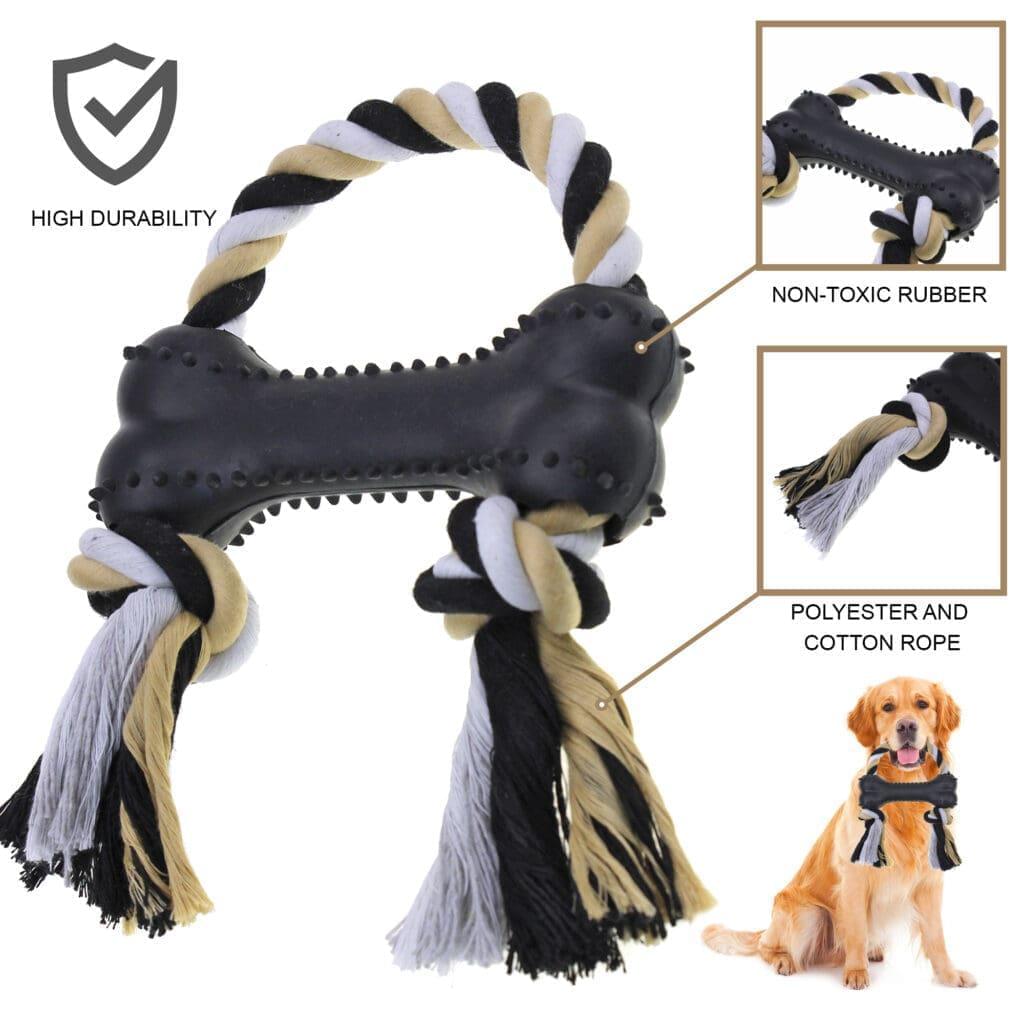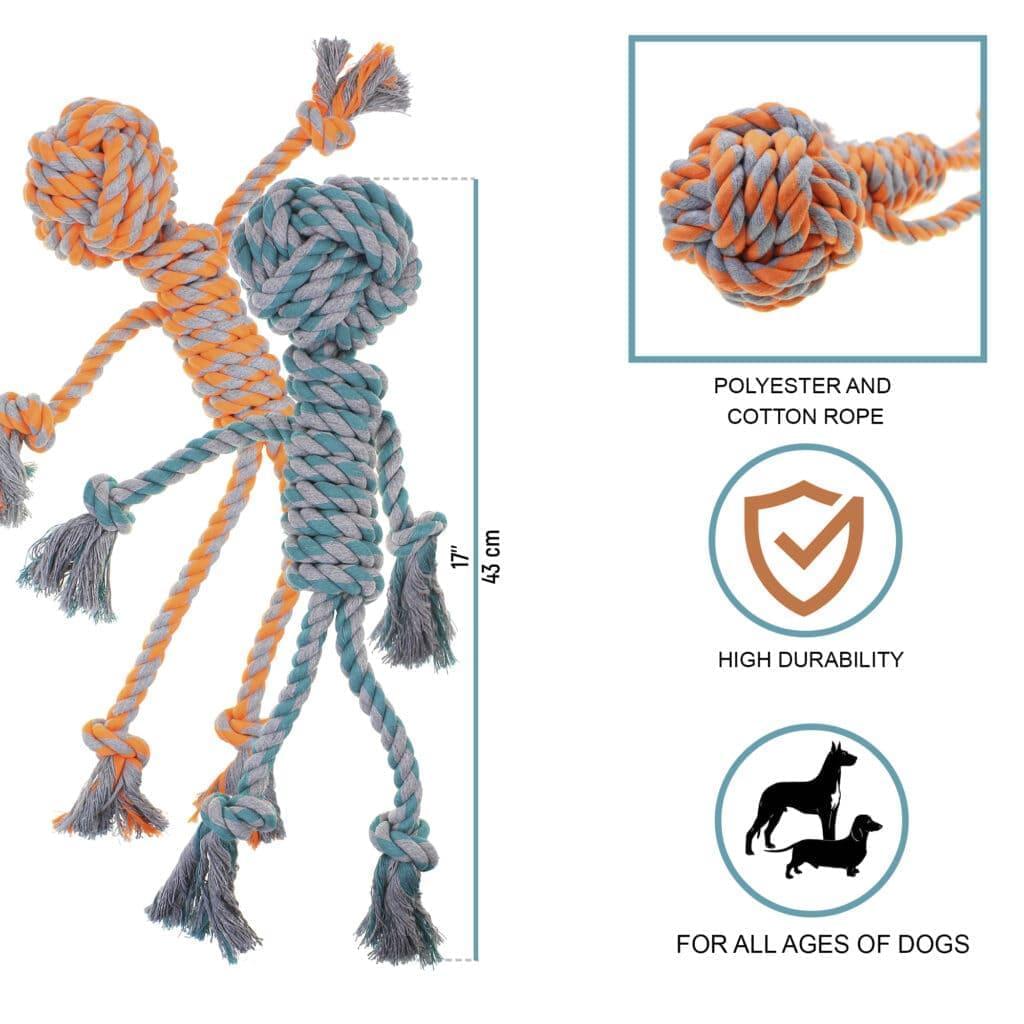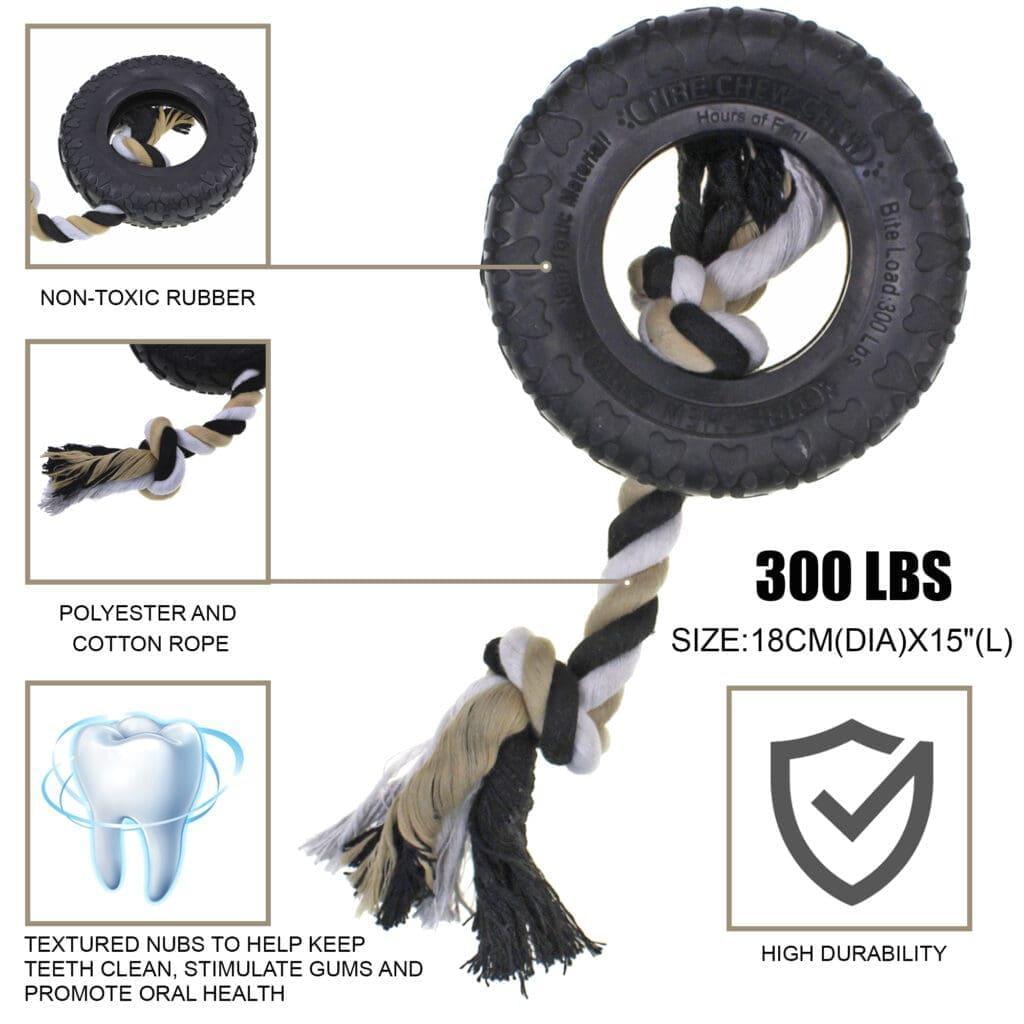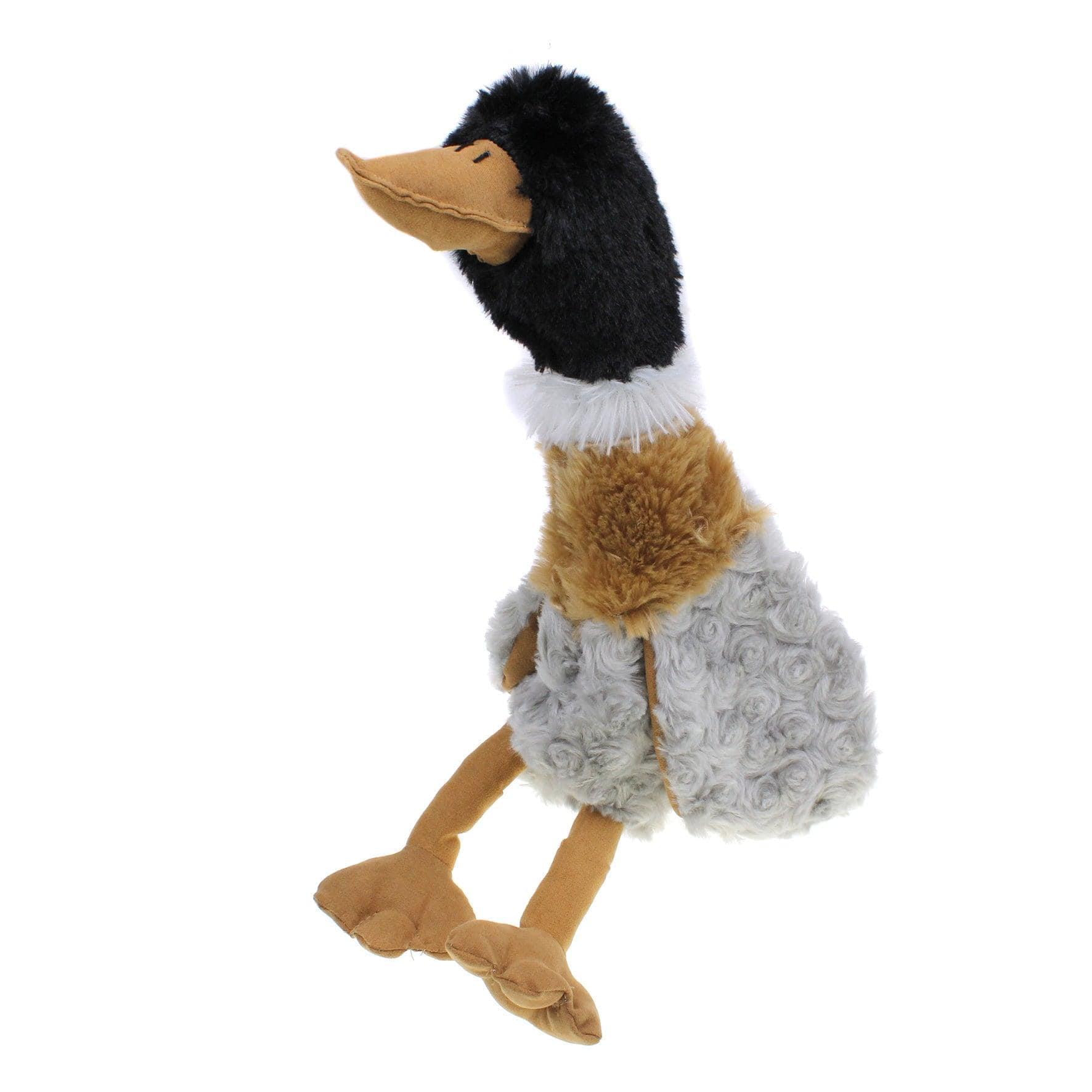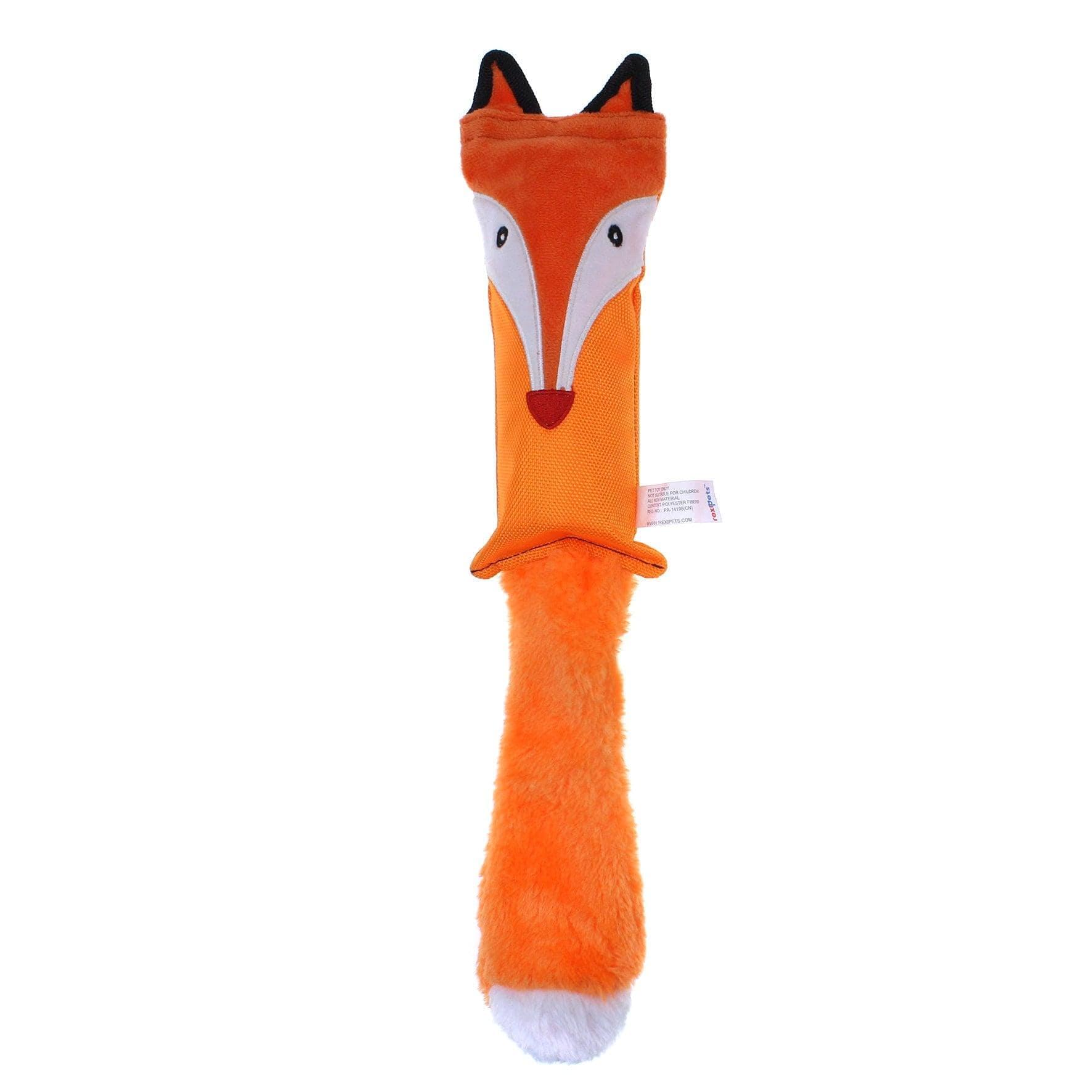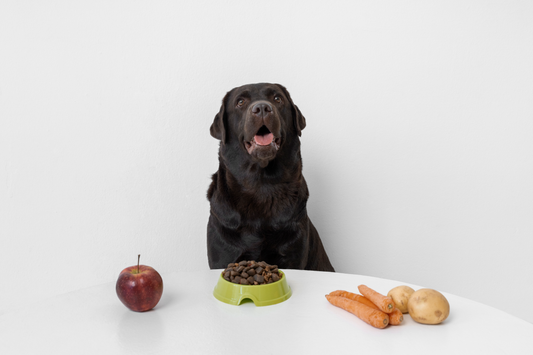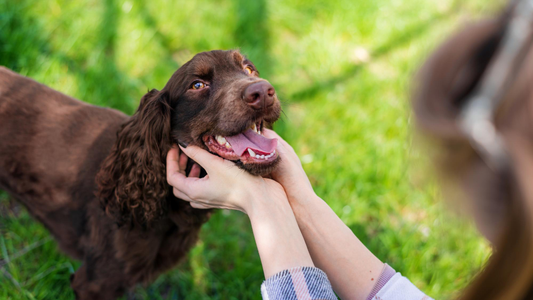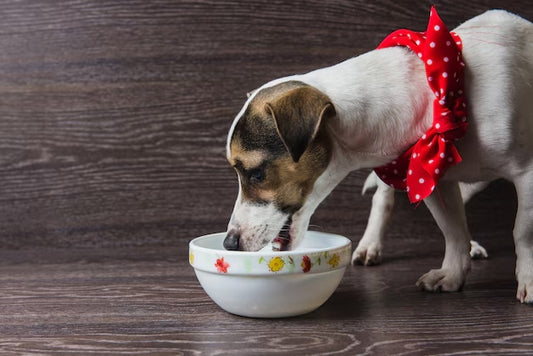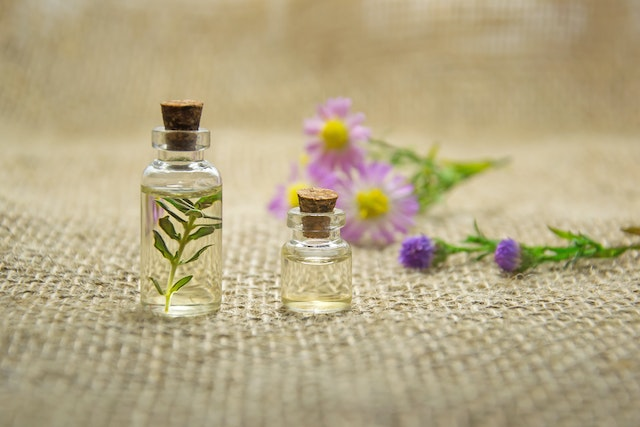
Fleas are every pet owner's worst nightmare. We've all been there. One fine day, you notice your furry friend scratching and biting like there's no tomorrow. Then you start looking through their coat and notice these pesky little creatures being nuisances.
These creepy crawlies can invade your home as well, so you need to act fast. But before you reach for the harsh chemical-laden flea treatments, consider a more natural approach with essential oils.
Essential oils have been gaining quite the limelight for their potential to kill fleas. They offer an eco-friendly way to tackle the problem. Today, we're here to break it all down for you.
In this article, we'll take a friendly dive into how essential oils work their flea-fighting magic, which essential oils kill fleas, how to safely use them on your pets and in your home, and, of course, provide a few words on the things you need to watch out for.
By the time we're done here, you'll be all set to take on fleas with essential oils and ensure your pets are flea-free, happy, and healthy. Ready? Let's dive right in!
Essential Oils for Fleas Prevention for Dogs
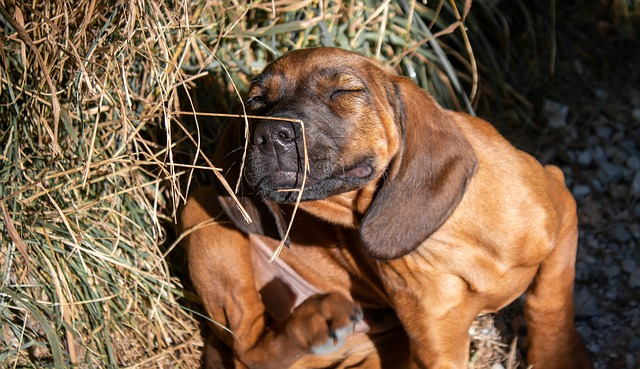
Fleas can turn your and your dog's worlds upside down, causing discomfort and irritation. While many commercial flea prevention products are available on the market, essential oils offer a natural and safe alternative.
Let's explore the world of the best essential oils and how they can be used to keep fleas at bay, ensuring your furry friend enjoys a happier and healthier life.
1) Basil Essential Oil
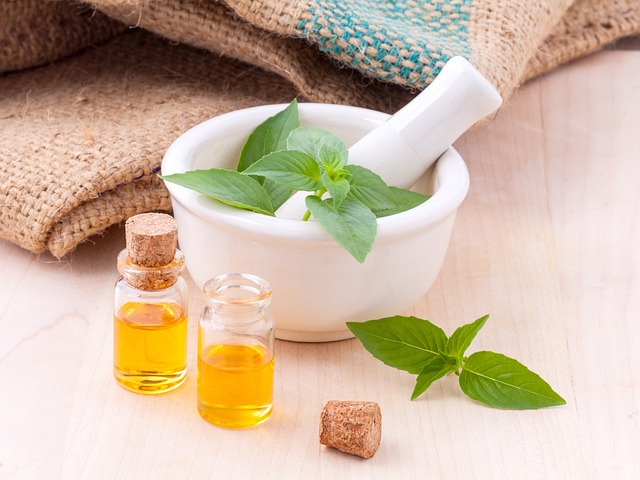
Basil the herb is not just a kitchen superstar but also a flea-fighting hero! This essential oil is taken out from the leaves and buds of the basil plant, and guess what? You can easily grow the basil plant in your garden during the summer months.
Now, let's discuss why basil oil is a top pick for tackling fleas. First off, it's a natural insect repellent.
All you need to do is grab a spray bottle. Then fill it halfway with water, and put a few drops of basil oil. Shake it up, and you've got yourself a homemade flea repellent. Spray it around your house, paying particular attention to those flea hotspots.
But wait, there's more! You can also use this basil-infused concoction directly on your pet's fur. Just be sure to avoid applying it in areas where they often lick themselves.
Here, it is essential to mention basil oil is not good for cats. It contains phenols, which can be harmful to cats.
2) Lavender oils
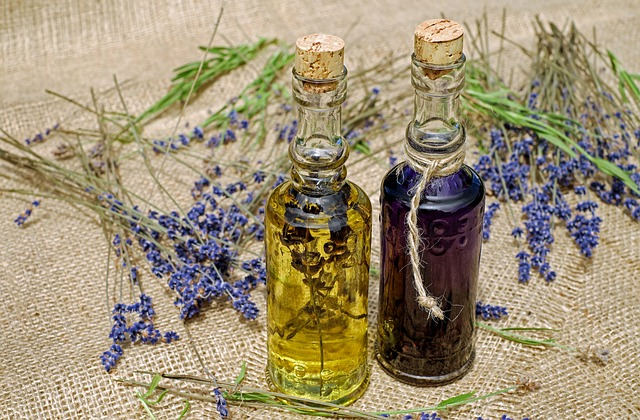
Lavender oil is a global favorite for addressing various skin concerns like acne, wrinkles, and pimples. It's not just a skincare superstar but also a stress-buster, working wonders to calm humans and our furry companions.
When it comes to using lavender oils for fleas, here's what you should do -
Mix it with a carrier oil, and then gently apply it to your pet's neck or the base of their tail. This soothing solution can help keep those pesky fleas at bay.
3) Lemongrass oil
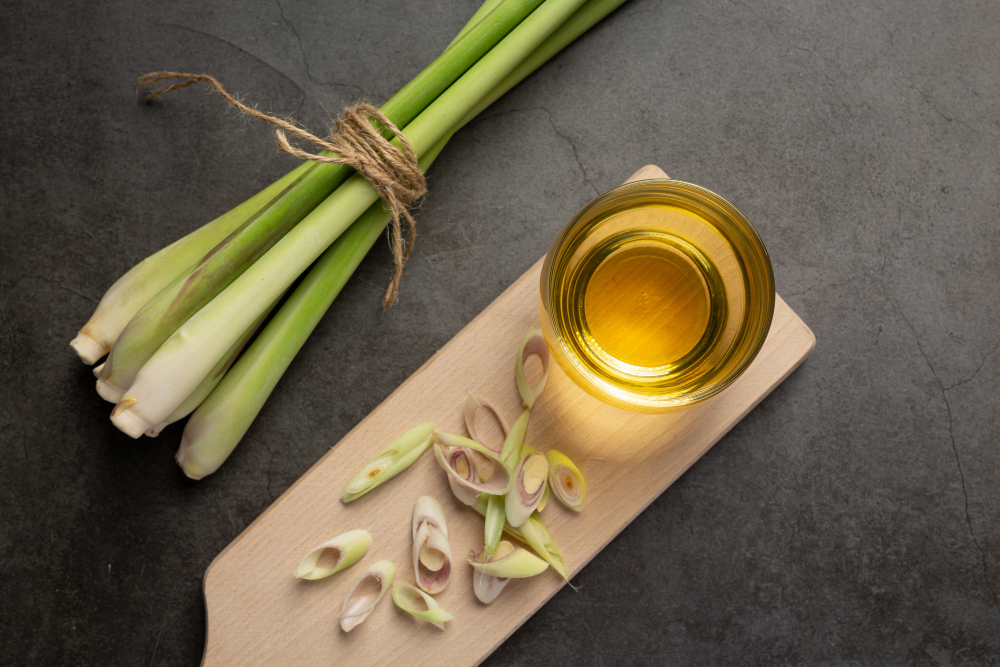
Lemongrass oil is a hot pick for both mental and physical health issues. It even helps folks get some sleep.
But lemongrass essential oil isn't just about relaxation; it's a powerhouse when it comes to keeping fleas and other pesky insects at bay. However, remember the golden rule – always dilute the oil before applying it, and target those out-of-reach spots to ensure your pet stays comfortable and flea-free.
4) Peppermint oil
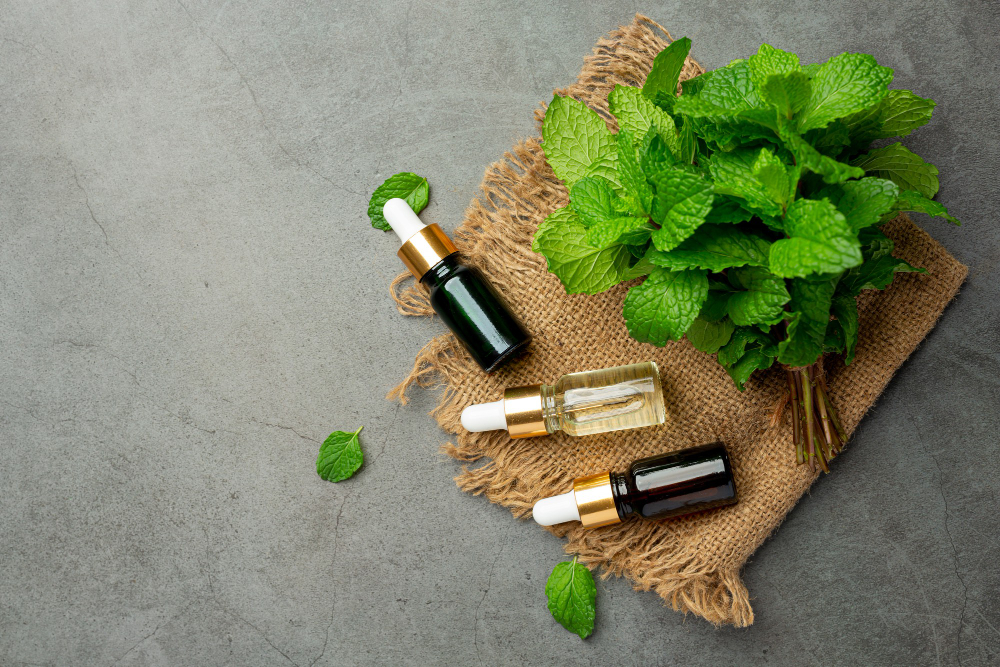
Peppermint, primarily found in Europe and North America, is also a popular flavoring in the food and beverage industry.
Peppermint oil is a top-notch flea repellent. To make peppermint essential oil, put it to work against fleas and mix it with a compatible carrier oil. Then, delicately apply it to the back of your pet's neck or the base of its tail. This should help keep those unwelcome fleas away.
5) Rosemary oil
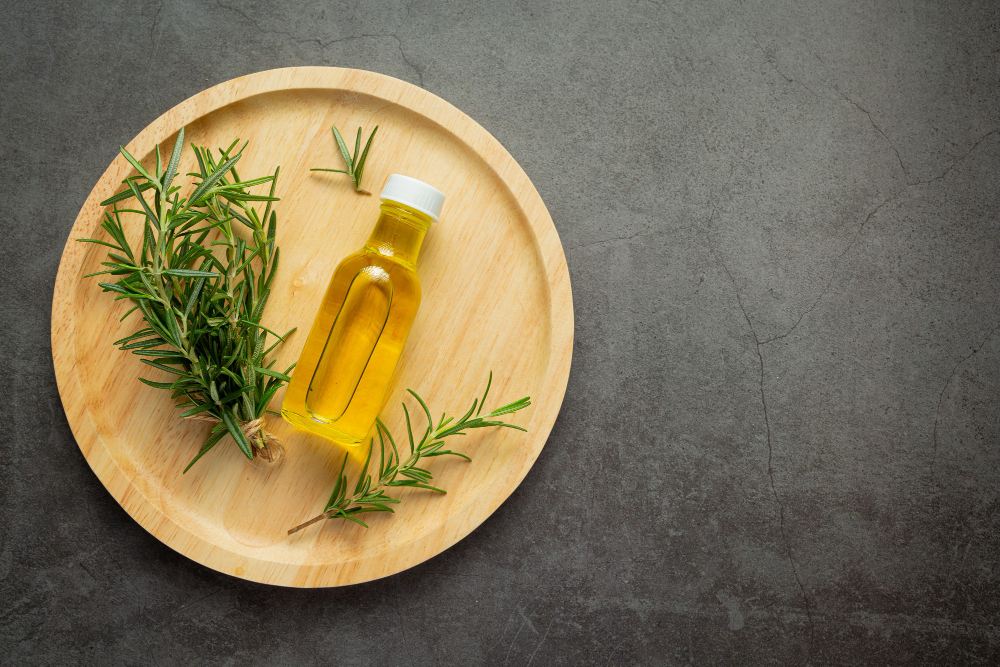
When it comes to battling fleas on your furry friend, rosemary oil is a superstar. It not only does the job but also leaves your pet smelling fantastic. You can use it just as we mentioned before by applying it. Just mix it with carrier oil or add a few drops to your dog's shampoo or conditioner.
Just remember to rinse thoroughly, and watch out for any mischievous bathwater drinkers among your furry friends.
6) Rose Geranium Oil
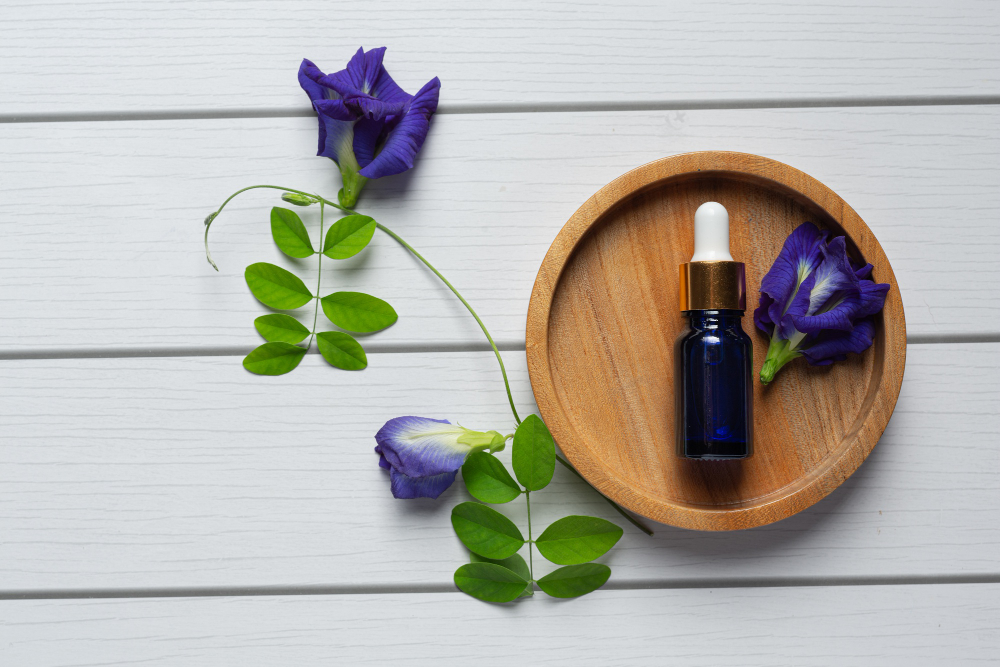
Despite its somewhat deceptive name, this oil doesn't actually come from roses but from geraniums. It's a popular choice for flavoring and fragrance in the food, beverage, and cosmetic industries. Rose geranium essential oil is among the top flea-fighting oils and serves primarily as a repellent. The plus point, though, with this rosemary essential oil is that your pup will end up smelling as sweet as a rose garden.
As with the other oils, remember to dilute it before use and be cautious not to apply it where your pet might accidentally lick and, therefore, ingest it.
7) Cedarwood oil
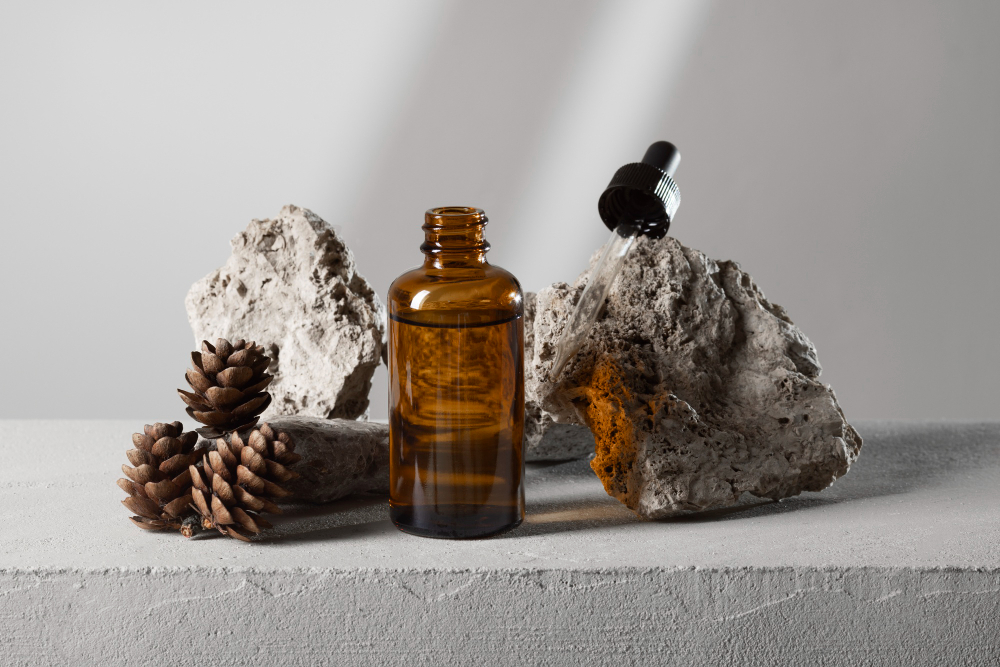
Cedarwood essential oil, extracted from the cedar plant's leaves, needles, and bark, is a go-to for individuals dealing with hair loss, acne, insomnia, and anxiety. Now, when it comes to using cedarwood oil for fleas, there's a crucial detail to remember: There are different types of cedarwood, but the one considered safe for dogs is the Atlas variety.
You can mix a few drops into your pet's shampoo or conditioner or dilute it and apply it directly. Another nifty trick is to create a diluted cedar oil spray and mist it in areas where fleas might lurk. Many effective products on the market have cedarwood, making it a trusted choice for flea prevention.
8) Clove oil
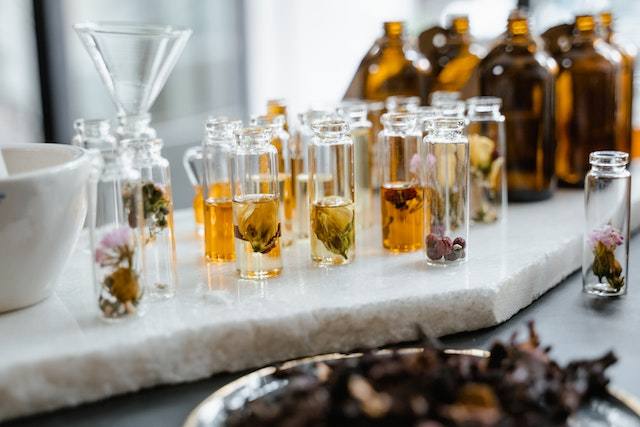
Clove essential oil is extracted from the dried buds of the clove plant. It has many uses, from addressing colds and asthma to relieving muscle pain and digestive discomfort.
One standout feature of clove oil is its antibacterial properties. Beyond repelling and eliminating fleas, it can also eliminate other harmful bacteria in your pet's vicinity.
It's essential to remember that clove oil is suitable for dogs but not safe for cats. Since it's a warming oil, avoiding direct topical application is best. Instead, add a few drops of diluted clove oil to your pet's collar to keep those fleas at bay.
Pros and Cons of Essential Oils for Fleas
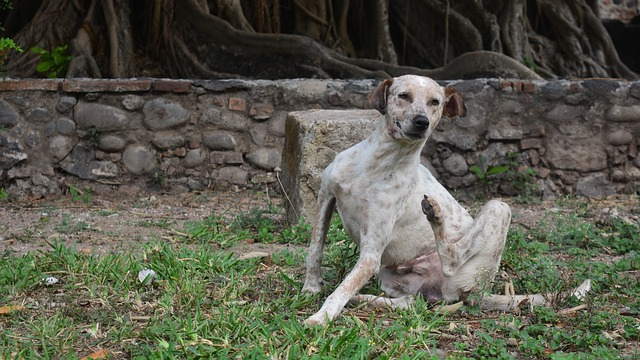
Using essential oils for flea control can be a natural and effective solution. Still, it also comes with its own set of pros and cons. Let's take a closer look at both sides of the coin:
Pros
Let's review some pros of using essential oils:
-
Natural and Chemical-Free
Essential oils provide a chemical-free and completely natural alternative to traditional flea control products, making them a safer choice for the well-being of both pets and humans. Unlike some commercial pesticides, essential oils often do not contain harsh chemicals that can pose risks to pets, such as skin irritations or respiratory issues.
-
Pleasant Fragrance
Many essential oils have pleasant scents that can mask the unpleasant odors related to fleas. Using these oils helps combat pests and creates a more enjoyable atmosphere in your home. This fresh and inviting environment benefits both you and your pets, making your living space more pleasant.
-
Eco-Friendly
Using essential oils for flea control is eco-friendly, as it minimizes the need for potentially harmful chemical-based products. By opting for natural alternatives, you contribute to a safer and healthier environment in your home, reducing the ecological impact associated with conventional pesticides and chemicals.
-
Cost-Effective
Essential oils are typically cost-effective in the long run, as a small amount can go a long way when properly diluted and applied.
Cons
Now let's see some of the cons:
-
Temporary Effectiveness
Essential oils may offer temporary relief from fleas but might not provide long-term control. Frequent reapplication may be necessary when using essential oils for fleas and ticks.
-
Risks Associated with Ingestion
Under no circumstances should essential oils be ingested by your pets. Their potency makes ingestion extremely dangerous and can result in severe stomach problems or even be fatally toxic.
Always store oils out of your pet's reach, and disregard any advice suggesting it's safe to add them to your pet's food or water.
-
Limited effectiveness
Some pets might not get as much help from essential oils as others when it comes to fleas. This can be because each pet is different. Some might not like certain oils or might not see much improvement. It depends on how bad the flea problem is and the pet's preferences and sensitivities.
How Can I Use Essential Oils for Flea Removal on Dogs?
Now that we've explored some of the top essential oils for dealing with fleas, it's crucial to highlight the importance of using them safely around your pets. Mishandling essential oils can pose significant risks, especially for cats, and it's wise to consult with a veterinarian before using them.
-
Mix in their shampoo
You can seamlessly introduce essential oils to your dog's skin without any risk of irritation by mixing them with their regular shampoo during bath time.
Just add 5-10 drops of essential oil to your dog's shampoo while giving them a bath, and you've got a fantastic all-natural solution to keep those pesky pests at bay. This approach is particularly effective with lavender, neem, and rosemary essential oils.
-
Diffuse
Using a diffuser is a fantastic method to disperse the therapeutic benefits of essential oils throughout your entire home.
When you load up your diffuser with natural pest-repelling oils, you're tackling the critters on your dog and those who might have made themselves comfortable in your living space. For this purpose, we suggest diffusing oils like lemongrass, cedar, and lavender – they work wonders in keeping unwanted pests at bay. You can use citronella essential oil or tea tree oil as well. Like citronella oil, tea tree also helps in getting rid of fleas.
-
Topical Application
The most straightforward approach to applying essential oils for fleas to your dog's fur is by placing a few diluted drops in specific spots. Mixing them with carrier oil is a must for safety. You can put a couple of diluted lavender essential oil or drops under your dog's collar.
Other than that, you can put some behind their shoulder blades or even at the base of their tail. This method is most effective when using oils like rose geranium, neem, lavender, and clove.
However, it is important to note that improperly applying essential oils topically can lead to irritation, burning, and even hair loss. The recommended approach is to dilute 3-4 drops of essential oil in a lit bit of carrier oil. However, it's essential to first get your vet's input on the safety of the oil you intend to use. When applying it to your pet, ensure it's in an area they can't easily access.
-
Make a spray
Creating a spray to fend off fleas and ticks is a hassle-free method. All you need to do is mix 5-10 drops of undiluted essential oil with 8 ounces of water and then transfer the blend into an empty spray bottle.
Once you have your spray ready, just apply it to your dog's coat a few times each week. This technique is particularly effective when using oils like lemongrass and rosemary.
Final Words!
To wrap things up, essential oils can be your trusty friend in your quest to keep your furry friends flea-free and healthy. They offer a natural, pleasant smell and several other benefits.
But remember, it's essential to use them wisely, consult with your vet, and know that results can vary.
While they're fantastic for relief, a well-researched mix of strategies might be your best long-term solution.
So, there you have it, an all-organic way to combat fleas,
FAQ
Can essential oils be dangerous for dogs?
Some essential oils may help relax your dog, but be careful when using them. These oils can cause big changes in your dog's behavior, breathing problems, and issues with their nervous system. They can be harmful if your dog breathes them in, an open wound comes in contact, or if they soak into their skin.
How often should I apply essential oil treatments for flea prevention?
How frequently you should apply can vary depending on the oil and the severity of the flea issue. Generally, it's recommended to apply every few weeks, or if the infestation is serious, apply it every other day.
What should I do if my dog has an adverse reaction to an essential oil?
If you come across any unusual behavior or symptoms in your dog after using essential oils for fleas, stop using them immediately. Contact your veterinarian immediately. It's crucial to address any adverse reactions promptly.
